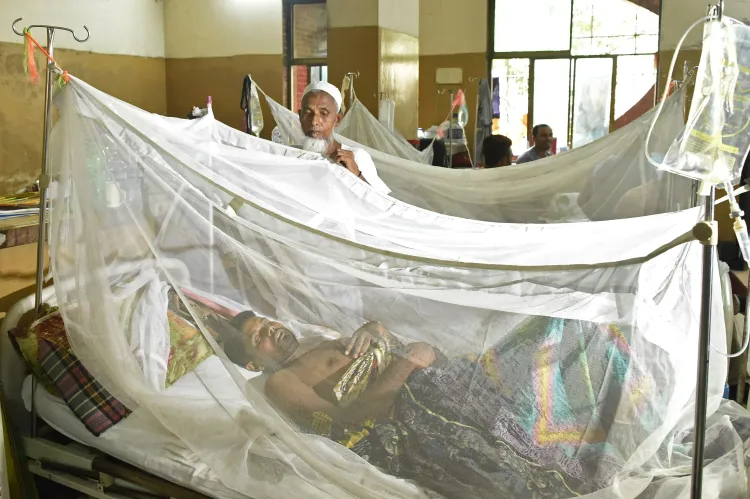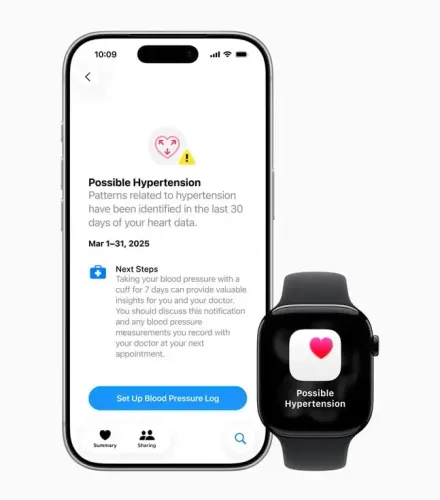What is the impact of dengue in Bangladesh as 2025 death toll crosses 280?

Synopsis
Key Takeaways
- Five more deaths from dengue reported in 24 hours in Bangladesh.
- Total fatalities reach 283 in 2025.
- Health officials stress the importance of early diagnosis.
- Preventive measures are crucial to combat mosquito breeding.
- 62.1% of dengue patients in 2025 are male.
Dhaka, Nov 2 (NationPress) Tragically, five additional individuals succumbed to dengue in Bangladesh over the 24 hours leading up to Sunday morning, pushing the total death toll from the mosquito-borne illness in 2025 to 283, as reported by local media sources.
In the same time frame, hospitals admitted 1,162 new patients suffering from viral fever, bringing the cumulative number of cases to 71,675 for the year 2025, according to the Directorate General of Health Services (DGHS), as noted by United News of Bangladesh. The latest fatalities included three in Dhaka South City Corporation (DSCC), one in Dhaka North City Corporation (DNCC), and one in Rajshahi Division.
Currently, there are 1,040 patients receiving treatment in Dhaka, while 2,982 patients are being cared for across various hospitals in Bangladesh. The data indicates that among dengue patients in 2025, 62.1 percent are male and 37.9 percent are female. Among the fatalities, 53.4 percent were men, with 46.6 percent being women.
In 2024, 575 people died from dengue in Bangladesh. During that year, the DGHS recorded 101,214 cases of dengue and 100,040 recoveries.
On October 9, DGHS Director General Abu Jafor remarked that while the number of dengue cases in 2025 has exceeded that of the previous year, the death rate is lower.
During a press briefing on the ‘Typhoid Vaccination Campaign-2025’ at the Health Ministry, Abu Jafor stated: "This year, although dengue infections are higher than last year, the death rate relative to infections is lower," as reported by United News of Bangladesh.
He emphasized the importance of mosquito breeding control and the elimination of larvae to prevent dengue. "It is crucial for individuals to use mosquito nets and adopt protective measures. Neglecting these responsibilities makes it exceptionally challenging to eradicate dengue," he warned.
Jafor added, "Data shows that over 50 percent of dengue-related deaths occur on the first day of hospital admission, indicating that patients are seeking care too late. We are striving to ensure effective hospital management."
He also stressed the significance of early diagnosis, noting that if dengue is identified in its initial stages, it can be treated effectively at home with proper medical care. Lack of awareness, negligence, and delays in seeking medical attention are primary contributors to the rising dengue death toll.
Dengue is a viral illness caused by the dengue virus (DENV), transmitted to humans via infected mosquito bites. This disease is prevalent in tropical and sub-tropical regions globally, particularly in urban and semi-urban settings, as stated by the World Health Organization (WHO). Effective dengue prevention and control rely heavily on vector control. Although there is no specific treatment for dengue, early detection and timely medical care can significantly reduce the fatality rates associated with severe cases.









